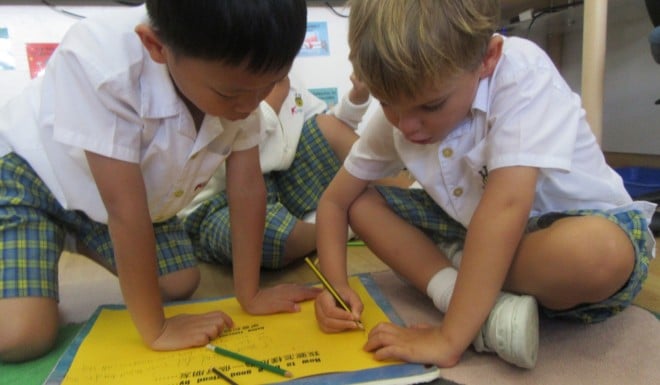
Bilingual teaching and small class sizes support a welcoming community at Kingston International School
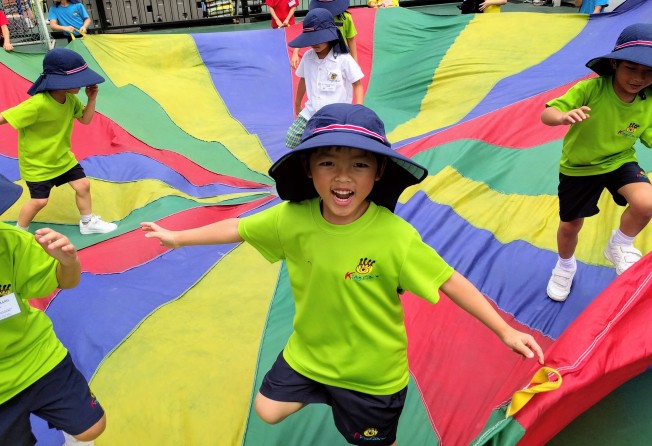
[Sponsored Article]
Small class sizes coupled with immersive Chinese (Putonghua) and English bilingual teaching, underpinned by the inquiry-based International Baccalaureate (IB) framework are just some of the unique learning propositions that define Kingston International School.

Kingston International School is proud of its welcoming small-school feel and strong sense of family say John Harper (Upper Primary Principal) and Emily Flach (Lower Primary Principal), who explain that building a strong sense of community where students feel confident helps to keep young learners academically and socially motivated. "The important thing is that we provide a stimulating, caring environment where children learn and develop while having fun," Flach says, “the strong sense of community supports the development of students' personal characteristics and happiness in the classroom and beyond.” Further enhancing the sense of community, Kingston believes in regular face-to-face communication with parents. Each day, the leadership team welcomes families at the school gate, ready to answer questions and provide pastoral care. Parents are welcome to accompany their child to the classrooms, where teachers are waiting and ready to chat informally with family members.
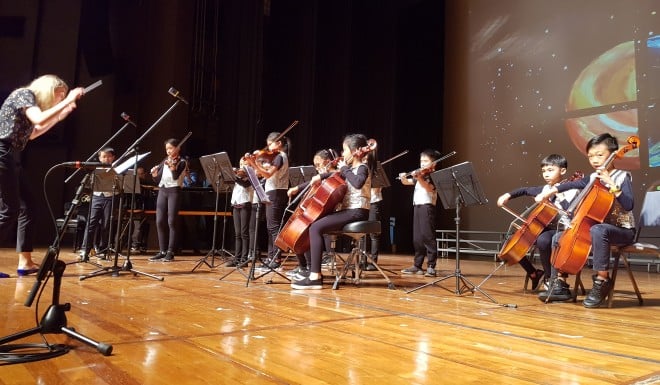
With a current student population of about 270, Kingston Primary is at the centre of a through-train system that spans from Playgroup to Secondary (ICHK). Class sizes at Kingston are kept to an average of 20 students per class. "Having smaller class sizes is worthwhile because it allows teachers to pay close attention to the needs of each student," Flach explains. As a truly bilingual school, every class has one fully qualified native speaking Putonghua teacher and one native speaking fully qualified English teacher. Students spend a portion of each day immersed in English and a portion immersed in Putonghua, with the rest of the day spent studying and communicating in both languages.
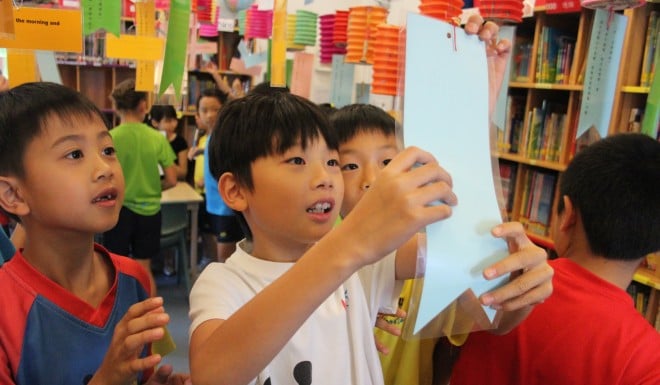
As the first primary school in Hong Kong to be authorized to offer the IB Primary Years Programme (PYP), Harper says the IB interdisciplinary framework that links mathematics, science and social studies together, provides an ideal pathway for students to utilise their language abilities in a balanced and integrated way. "We are always pleased to hear our students learning and exploring new ideas and communicating their discoveries in Chinese and English with competent proficiency," notes Harper. But Kingston is not a school to rest on its laurels. "We are always open to trying new ideas that benefit our students,” says Harper.
To support the development of well-rounded students, in addition to core subjects including maths, science and social studies, Kingston offers a broad scope of extra-curricular activities ranging from floor hockey, football and basketball, to an orchestra and a 60 member choir, which performs at school and community-wide events. Designed to encourage and support students to explore a variety of reading materials, students from Kingston compete annually in the Hong Kong Battle of the Books competition. As part of their holistic education journey, Kingston students and their families, through the United World Schools Charity, have built a school and financially support teachers at Jong Ra, a remote area in Cambodia that previously lacked a school. "Social enterprise activities connect our students with others in the world and allows them to experience how their empathy and actions can make a positive difference to other people's lives," notes Harper.
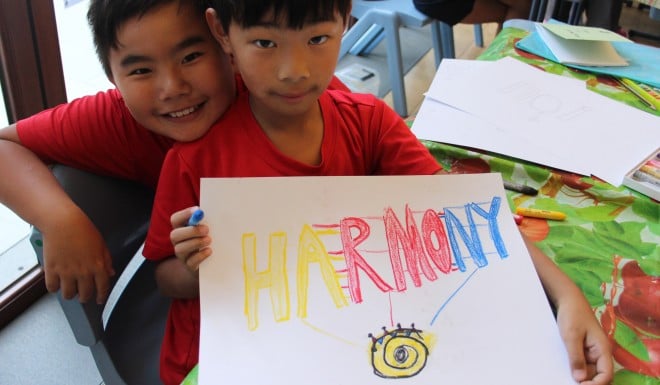
Recruited from all over the world for their experience, passion and professionalism, teachers at Kingston International are committed to delivering a high-quality educational experience that ensures students achieve their full potential. Emphasis is placed on regular professional development programmes and best teaching practice sharing opportunities. While academic benchmarks are set and expected to be met, such as literacy and mathematical abilities, recognising that young children naturally learn at a different pace, Kingston looks at primary education as a learning journey that prepares students both academically and personally for a smooth transition to secondary school. "We look at how well our students are prepared academically, socially and emotionally by the time they reach Year Six," explains Flach. Kingston primary graduates, while having the through-train option of attending International College Hong Kong, have also opted to attend top secondary schools in Hong Kong and abroad over the past decade.